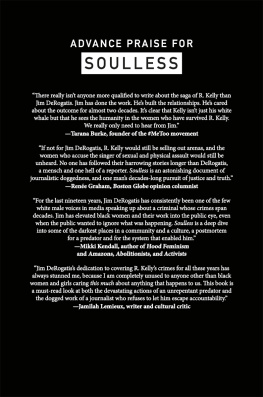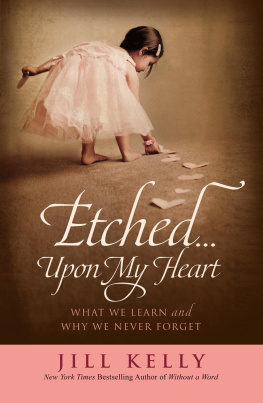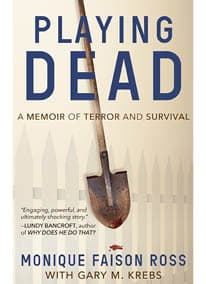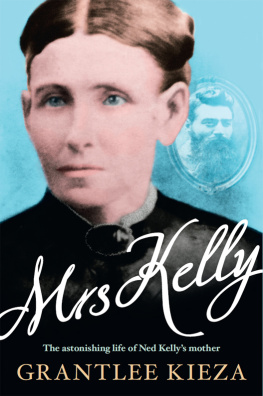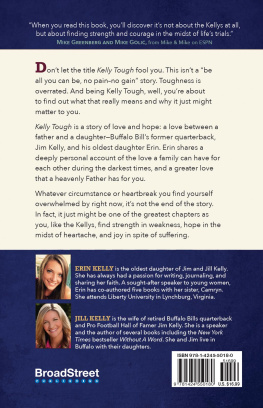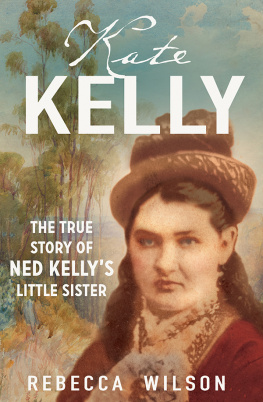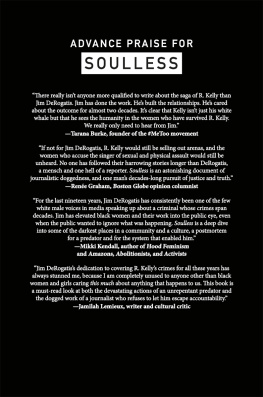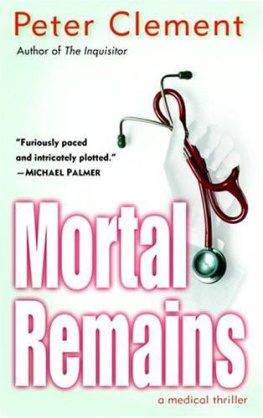ALSO BY THE AUTHOR
Turn On Your Mind: Four Decades of Great Psychedelic Rock
Let It Blurt: The Life and Times of Lester Bangs, Americas Greatest Rock Critic
Milk It! Collected Musings on the Alternative Music Explosion of the 90s
Staring at Sound: The True Story of Oklahomas Fabulous Flaming Lips

Copyright 2019 Jim DeRogatis
Cover 2019 Abrams
Translation from Der Rattenfnger courtesy of Laura Johanna Waltje
Published in 2019 by Abrams Press, an imprint of ABRAMS. All rights reserved. No portion of this book may be reproduced, stored in a retrieval system, or transmitted in any form or by any means, mechanical, electronic, photocopying, recording, or otherwise, without written permission from the publisher.
Library of Congress Control Number: 2019930879
ISBN: 978-1-4197-4007-7
eISBN: 978-1-68335-762-9
Abrams books are available at special discounts when purchased in quantity for premiums and promotions as well as fundraising or educational use. Special editions can also be created to specification. For details, contact specialsales@abramsbooks.com or the address below.
Abrams Press is a registered trademark of Harry N. Abrams, Inc.

ABRAMS The Art of Books
195 Broadway, New York, NY 10007
abramsbooks.com
FOR THE GIRLS
Sometimes this versatile musician
Snatches up a pretty gal.
No town has offered him admission
Where he found no girls to beguile.
And even if the girls are dim
And all the women are too prim
They all together lovesick long
Enchanted by his strings and song.
Johann Wolfgang von Goethe,
from Der Rattenfnger (The Pied Piper)
CONTENTS
PROLOGUE
ROBERTS PROBLEM IS YOUNG GIRLS
I intended to make it a quick trip. Since it was the Wednesday before Thanksgiving, 2000, I knew most people would have stayed home when I made my dreaded weekly visit to the office to show my face to editors, file my expenses, and sort through the postal bins full of promo CDs piled up since my last appearance. The traffic had been dead, so I zoomed down Lake Shore Drive. As I hustled across Wabash Avenue from the parking ramp into the gray, barge-like Chicago Sun-Times building overlooking the river, the wind bit ferociously. The temperature hovered in the low twenties, but as Chicagoans say, its always cooler by the lake. I had only started to thaw out when an editorial assistant grudgingly handed me a fax sent to the main number in the newsroom instead of to the constantly humming machine a few feet from my desk in the features department. A lot of that curly, heat-sensitive fax paper got wasted in the days before everyone used email.
Dear Mr. DeRogatis, the fax, a one-page, single-spaced letter, began. Im sending this to you because I dont know where else to go.
My review of the latest album by singer, songwriter, and producer R. Kelly had run as the lead story in the entertainment section on November 7, the day TP-2.com arrived in stores. Like celebrated film critic Roger Ebert, whom I proudly called a colleague, I disliked reductive ratings, stars or thumbs, but our editors demanded them. I thought a line in my critique nailed the dilemma better than the equivocal two out of four stars Id given the disc. Prince, Marvin Gaye, and Al Green all showed that, under the right circumstances, sex and prayer can be the same thing, I wrote, but Kellys lyrical shifts from church to boudoir were so jarring, they could give you whiplash.
You wrote about R. Kelly a couple of weeks ago and compared him to Marvin Gaye, the letter writer continued. Well, I guess Marvin Gaye had problems, too, but I dont think they were like Roberts. Roberts problemand its a thing that goes back many yearsis young girls.
My stint as the papers pop-music critic began in 1992, not long after Kelly rose from busking for change on the citys L platforms. I left in 1995, making a brief foray to Rolling Stone in New York. When I returned to the Sun-Times in 1997, Kelly was firmly ensconced as the dominant voice in R&B for a generation, well on his way to selling more than a hundred million records, his own as well as those he crafted for other artists. Both his music and his story inspired many in his hometown, which embraces local heroes with a singular devotion.
Boosterism reigns in Chicago. Residents brag that their skyscrapers, their sports franchises, their entertainers, their crooked politicians, even their pizzas are bigger and better than those in New York, Los Angeles, or any other global metropolis youd care to name. At the same time, Chicago is perpetually the Second City. Its denizens suffer from a deep-seated inferiority complex common to the Midwest, but running especially deep in the City by the Lake, where so many future stars begin their careers, then decamp to the coasts to become real celebrities. This mix of pride and insecurity is amplified on the South and West Sides, where the black community fights segregation and pervasive racism. These make black Chicagoans particularly reluctant to turn on heroes from their streets, especially if they stay once theyve made it. Kelly had made it, and hed stayed.
I got a lot of angry letters via fax and snail mail in response to my record and concert reviews. They were especially numerous when I harshly critiqued aging baby boom favorites like the Rolling Stones, Billy Joel, or Eric ClaptonI called them geezersand whenever I praised hip-hop. Thats not music, its noise! readers commonly complained. Although the faxed letter was signed A Friend, I initially dismissed whoever wrote it as just one more reactionary jerk trying to disparage a black superstar.
R. Kelly likes them young had long been a rumor on the music scene, almost always whispered in those exact words, by publicists and recording engineers, radio programmers and concert promoters, fellow critics and fans. Gossips said hed married his fifteen-year-old protg Aaliyah in 1994. That story seemed strange and unlikely, and both of them had denied it. There had been little public discussion about what those words actually meant, and Ill confess, I didnt think about them much at first, either.
Although this book and two decades of reporting on the pain R. Kelly has caused dozens of young girls began with that fax, I initially tossed it on the pile of press releases, artists biographies, and angry letters from aggrieved readers stacked in a wire bin filled to overflowing on the corner of my desk, eventually destined for the trash.
PART I
CHAPTER 1
HE GONNA GROW UP BEING A SHOOTER
In the video for I Wish, R. Kelly stands atop a Chicago high-rise overlooking the dramatic skyline of the city he calls the center of my universe. He gazes up at the crisp blue sky. What does it profit a man to gain the whole world and lose his soul? asks a disembodied womans voice. I want out, the singer replies, removing his shades. But its hard. I need answers, Momma. He turns his back. I need answers.
Almost all of Kellys albums mix lascivious bedroom jams with soulful prayers or pleas, and I Wish is one of the latter, a nostalgic tribute to his late mother and the South Side neighborhoods where he grew up, as well as a bittersweet contemplation of the burdens of fame: Now you hear my songs the radio is bangin / Oh, I cant believe my ears / And what everybodys sayin / Boy, Ill tell you, folks dont know the half.
Next page
